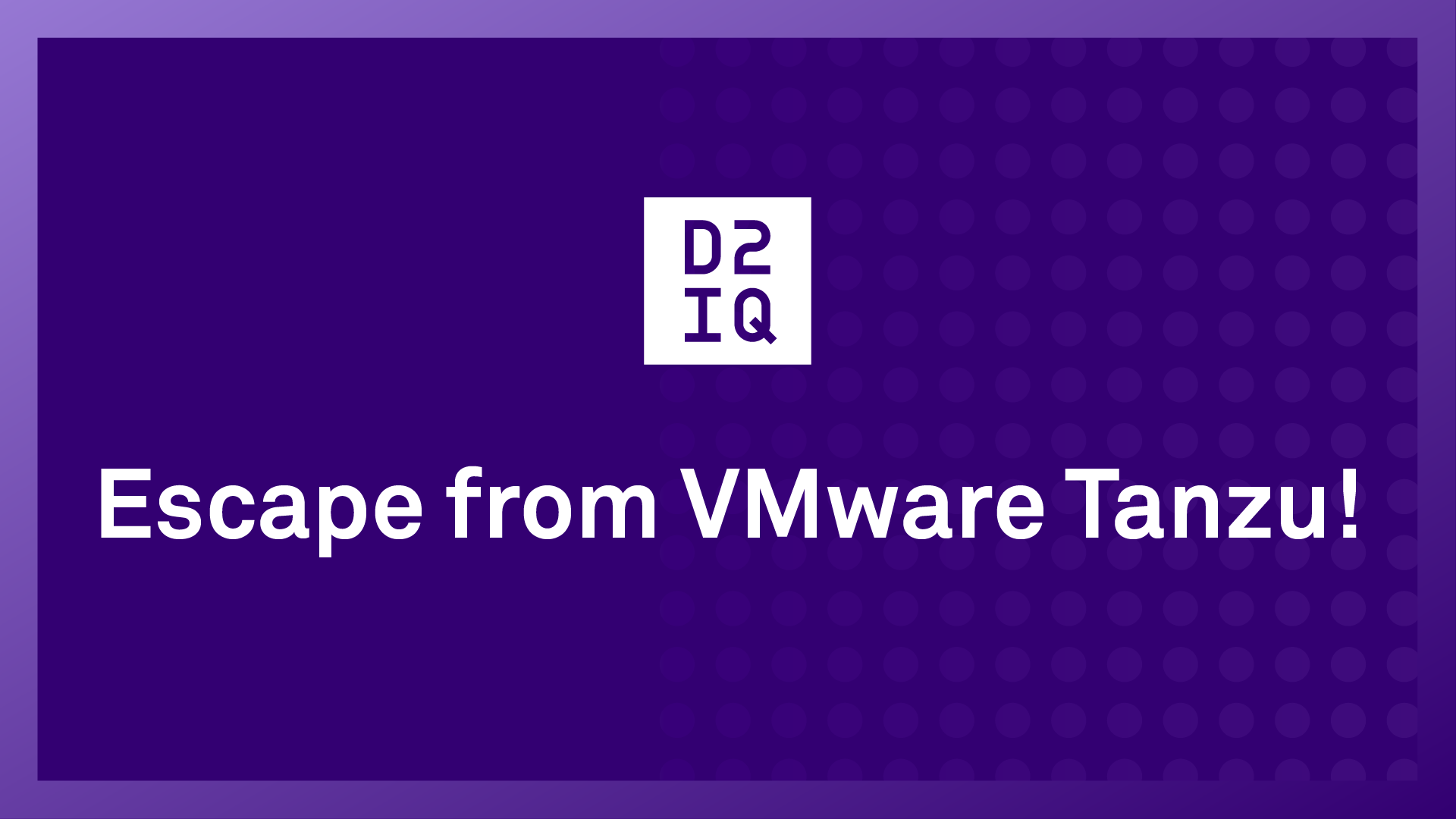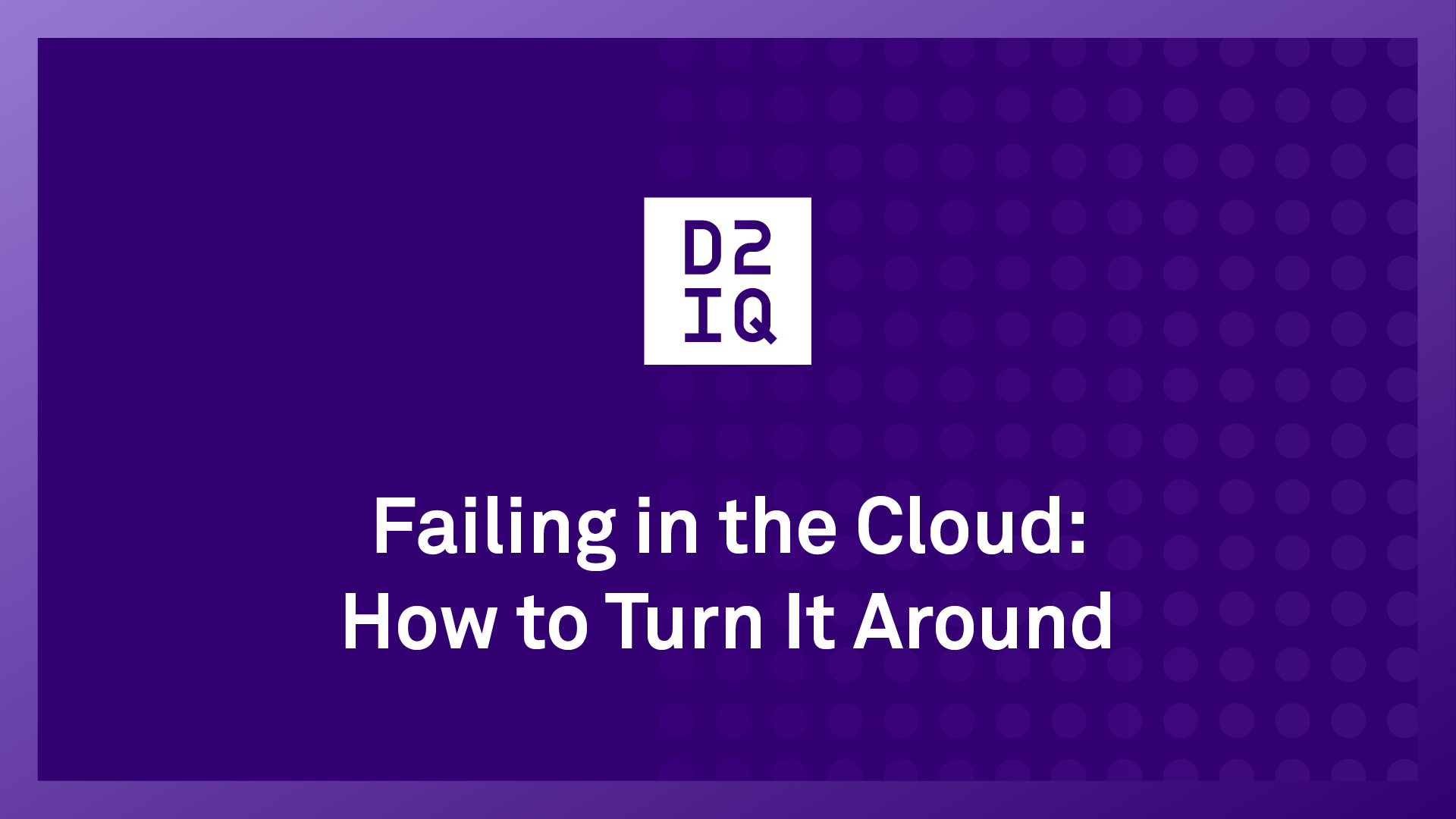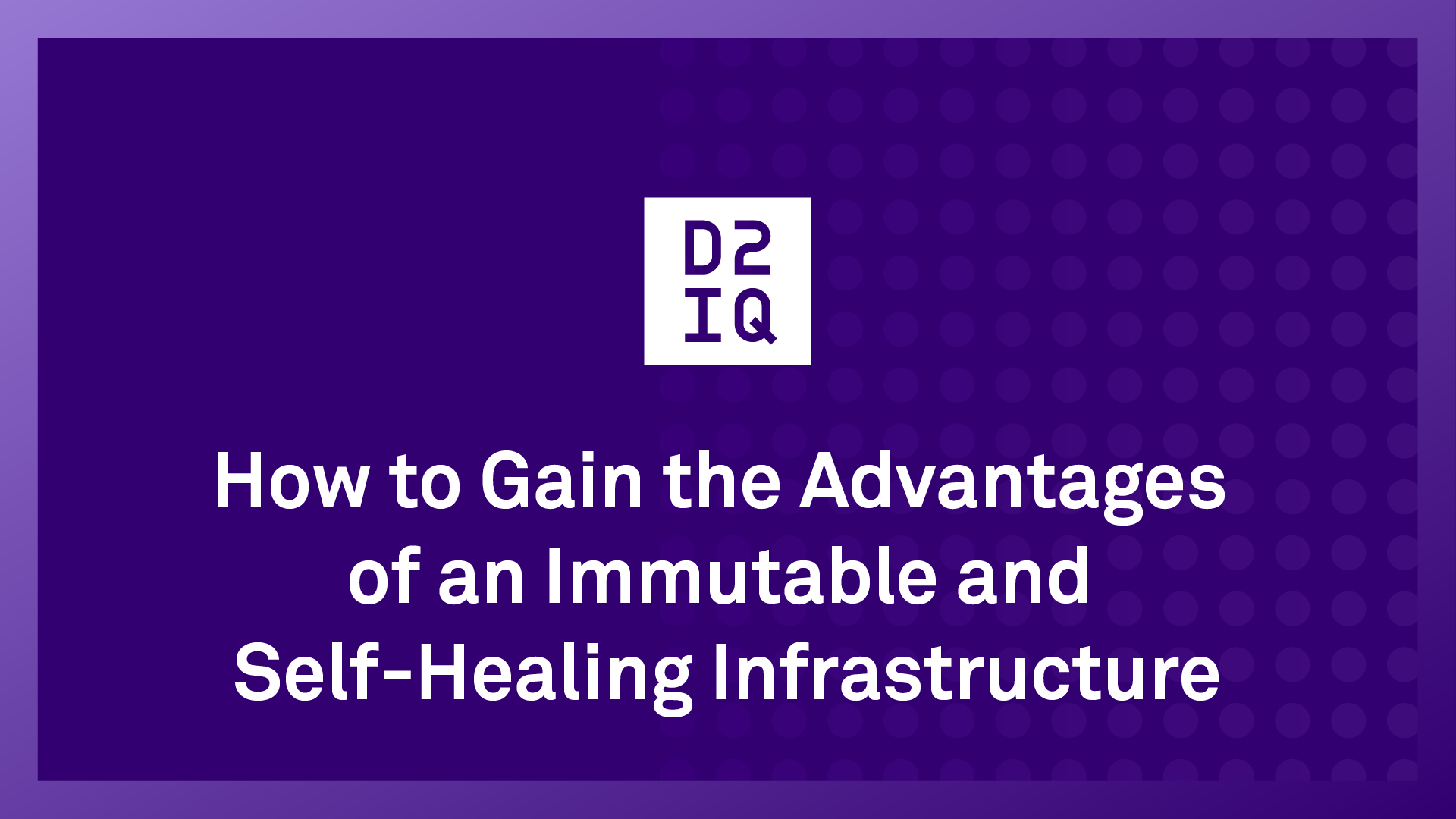On May 26, 2022, Broadcom announced its intent to acquire VMware for $61 billion. This raises significant questions for VMware Tanzu customers going forward. It is not clear whether VMware will operate as a separate entity or what will happen with VMware Tanzu. There are VMware employee and customer concerns as well.
Based on the current results of both Broadcom and VMware, a number of analysts are anticipating either a
price increase or
reduction in the headcount, or both. Broadcom generates $27 billion with 20,000 employees, and VMware generates $13 billion with 40,000 employees.
Does History Repeat Itself?
Broadcom is a company that was initially focused on semiconductor, wireless, and broadband communications. However, Broadcom has been pivoting into the data center space over the last few years with the acquisition of several hardware and software vendors (Broadlogic, LSI, Emulex, and Brocade), CA Technologies in November 2018, and Symantec (Enterprise Security Division) in August 2019.
Since the acquisition of CA and Symantec, it has been reported that
there has not been much innovation, but rather significant cost cutting. Broadcom has a reputation for driving higher profit margins through cost cutting and culling lower growth and less profitable product lines.
According to a TechTarget report, CA and Symantec experienced significant layoffs (up to 50% at CA) and a selling off of less profitable and smaller product lines. Based on these precedents, there is concern about what Broadcom will do with VMware Tanzu, which has a small revenue stream relative to VMware’s core product lines, lower profitability, and is in need of work to improve its quality versus that of its competitors.
Head-to-Head Comparison
On a cursory comparison of features, VMware Tanzu and DKP might seem comparable. Both platforms seem comparable in terms of listed features in categories such as operational management, security, tooling, network, and storage. However, listed features typically do not capture the operational capabilities, customer value, and competitiveness of a platform.
How well a platform functions, simplicity of deployment and management, level of automation, stability, and performance can vary significantly. How well a platform supports common use cases is another measure of its value. Cost of the platform along with the size of its footprint are key. The quality of a partner ecosystem is another factor.
DKP wins the “how well it works” contest, as reported in competitive bakeoffs, proof-of-concepts, and replacements. One major test is to download the software from each company and see how many steps and how long it takes to get to an operational cluster.
DKP also wins common use-case comparisons in terms of capabilities needed (vs. a long list of features not needed), how fast the platform can be up and running, and how well it runs over time (downtime, bugs, etc.). While both platforms can point to an array of listed features, DKP is designed to help customers get up and running quickly on Day 2 and stay available in a wide range of use cases.
DKP wins a cost comparison vs. VMware Tanzu because it does not depend on underlying VMware software. A DKP 48-core configuration can cost less than 50% of an equivalent VMware Tanzu configuration. DKP is based on pure open-source Kubernetes, which means lower cost and the ability of customers to take advantage of continual open-source community innovation, as opposed to VMware Tanzu’s greater complexity, lower quality, higher cost, and with the Broadcom acquisition casting doubt on its future.
Although VMware Tanzu has a large traditional partner ecosystem, DKP wins in terms of open-source Kubernetes community partnerships and has a strong roster within the traditional partner ecosystem and cloud-native arena with key partners that include Amazon AWS, Microsoft Azure, Nvidia, GitLab, Aqua, Nutanix, Kong, and others.
Safe Haven with D2iQ
As VMware Tanzu customers evaluate risk and consider alternative Kubernetes platforms, D2iQ offers a more open, stable, reliable, higher-performance, and cost-effective upgrade path.
D2iQ can remove fear, uncertainty, and doubt from VMware Tanzu customers by offering a pure open-source alternative that frees them from lock-in and a potentially dead-end platform.
D2iQ has a long history and deep experience with cloud-native, container, and Kubernetes deployments. To enable our customers to unlock their future with smart cloud-native applications, D2iQ helps customers adopt Kubernetes in any environment, expand Kubernetes to hybrid, multi-cloud, and edge/IoT environments, and enable smart cloud-native applications and other advanced use cases.
To learn more about how D2iQ can help you achieve the modernization benefits you seek in a cloud-native Kubernetes platform, contact the experts at D2iQ.









